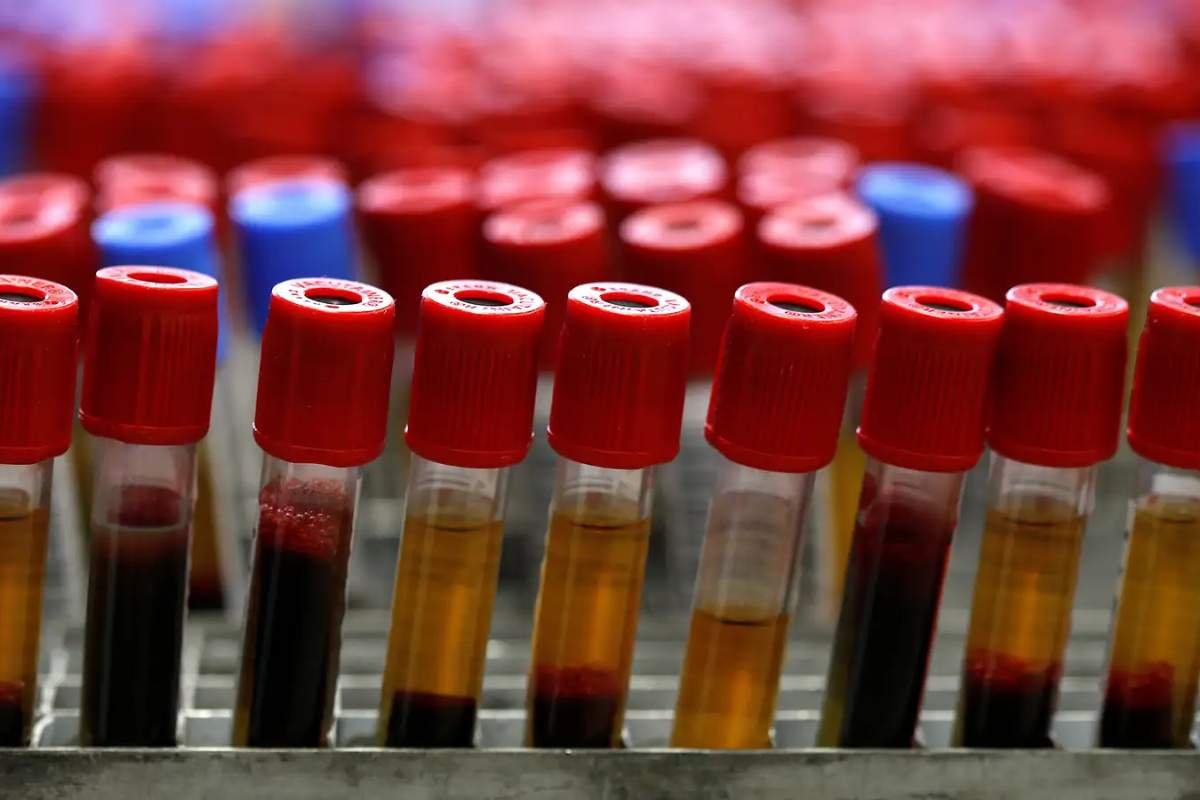Source-qz.com
Recent research has uncovered a groundbreaking method for early Alzheimer’s detection through blood-based biomarkers. This innovative approach aims to facilitate earlier diagnosis and potentially mitigate the effects of dementia, which is the most prevalent form of dementia, accounting for 60-70% of global cases. With over 33 million cases worldwide, Alzheimer’s remains a significant health challenge, typically diagnosed when individuals experience severe memory and cognitive impairments that disrupt daily life.
Innovative Research and Methodology
At the forefront of this research is Dr. Brandon Mahan from the University of Melbourne, who leads a team of analytical geochemists. In collaboration with neuroscientists from the Faculty of Medicine, Dentistry, and Health Sciences, the team is pioneering a novel blood test designed to detect Alzheimer’s at an earlier stage. This advancement, detailed in a recent paper published in Metallomics, employs inorganic analytical geochemistry techniques—originally used for cosmochemistry, such as studying planetary formations—to identify early biomarkers of AD in human blood serum.
In their study, the researchers analyzed potassium isotope levels in blood serum samples from both healthy individuals and AD patients. This approach offers a promising alternative to traditional protein-based diagnostics, which can be compromised by sample stability issues. Dr. Mahan emphasized the advantages of their method, noting its scalability and stability, as it relies on inorganic biomarkers rather than proteins.
Blood Biomarkers for Alzheimer’s Detection
Potential Impact and Future Directions
The current diagnostic process for Alzheimer’s involves a combination of medical history review, neurological exams, cognitive and behavioral assessments, brain imaging, and analysis of cerebrospinal fluid or blood samples. The introduction of this new blood test could significantly enhance early Alzheimer’s detection capabilities, allowing for timely lifestyle adjustments and medical interventions that may slow disease progression. Early diagnosis could also increase patient eligibility for clinical trials, potentially advancing research and offering additional medical benefits.
Co-author Professor Ashley Bush from The Florey expressed optimism about the study’s results, highlighting the potential of the blood test to match the diagnostic accuracy of existing leading tests. However, he noted that further research is necessary to fully assess the technique’s utility. With the aging global population and the anticipated rise in dementia cases—projected to double every 20 years and cost an estimated $2.8 trillion by 2030—the need for effective early Alzheimer’s detection methods is more critical than ever. In Australia alone, over 421,000 individuals are living with dementia, making it the second leading cause of death and the foremost cause of death among women.
Dr. Mahan’s research team, known as the Melbourne Analytical Geochemistry group, is seeking additional support and partnerships to advance this promising research. The team’s innovative approach represents a significant step forward in the quest to manage and potentially mitigate the impact of Alzheimer’s disease.
Also Read: What is the link between Alzheimer’s and Type 3 diabetes?







